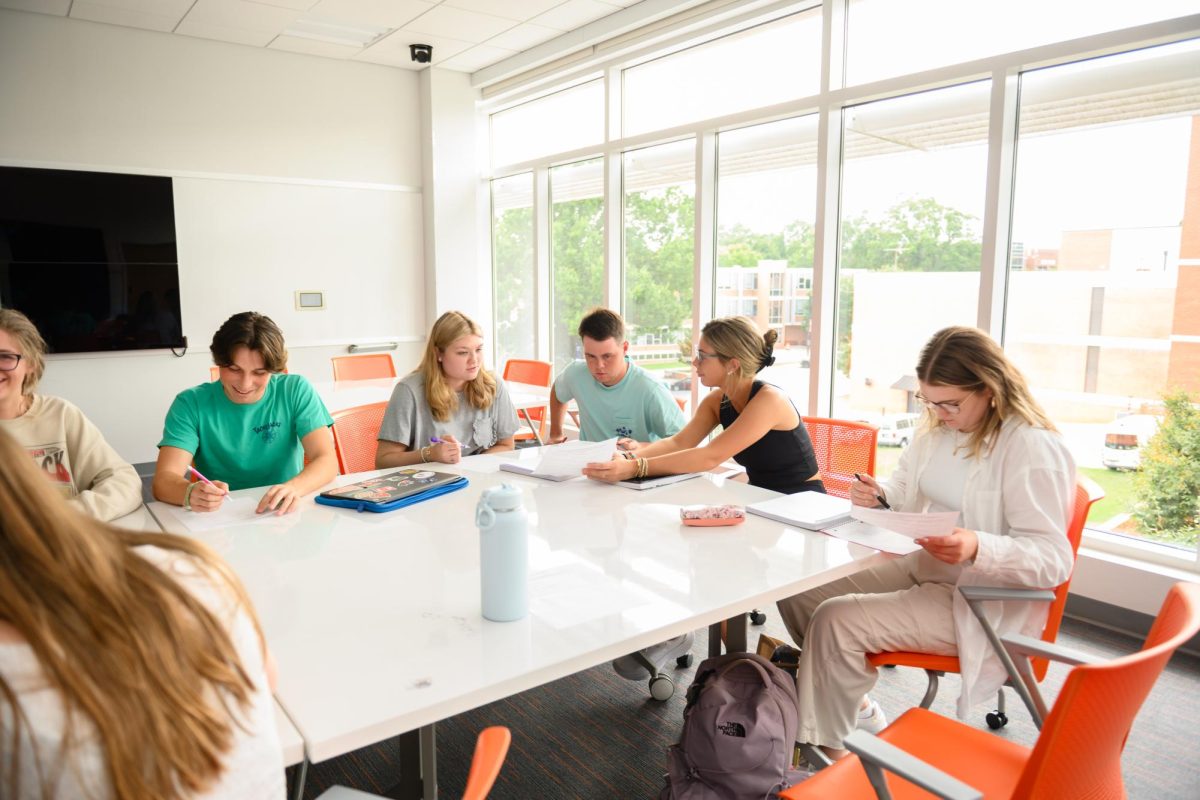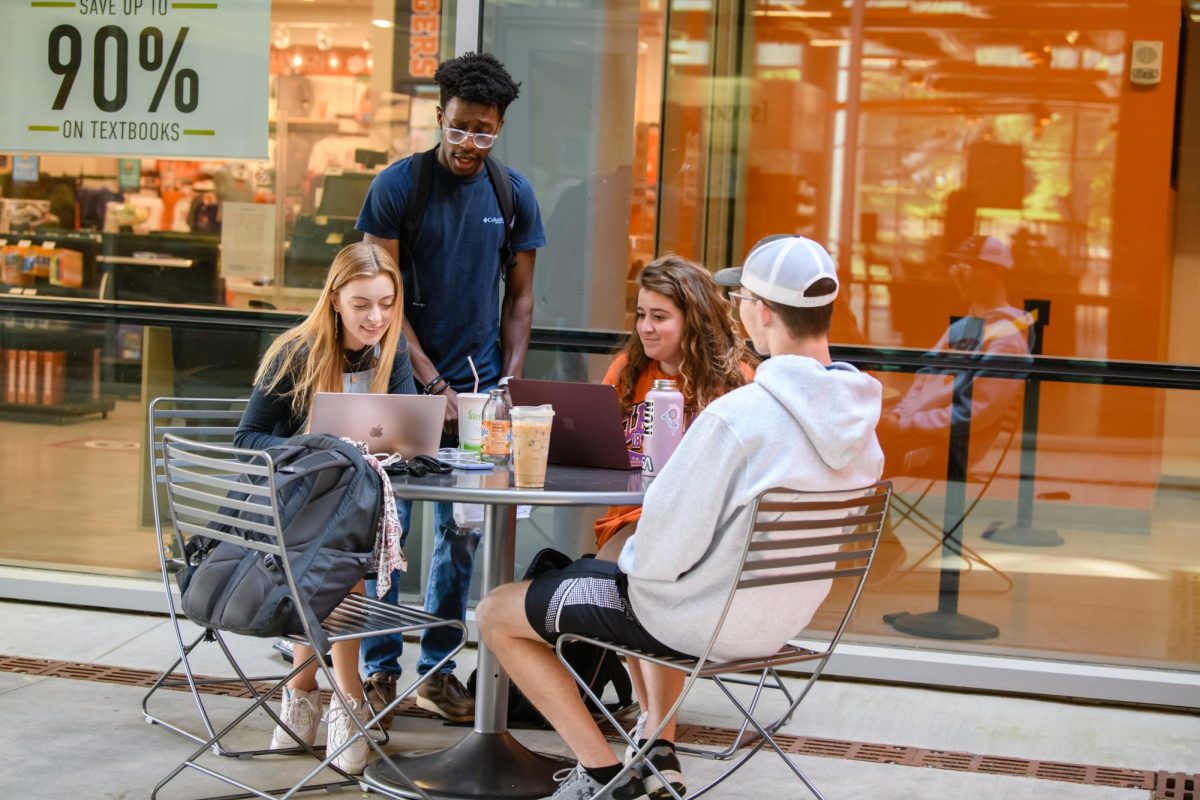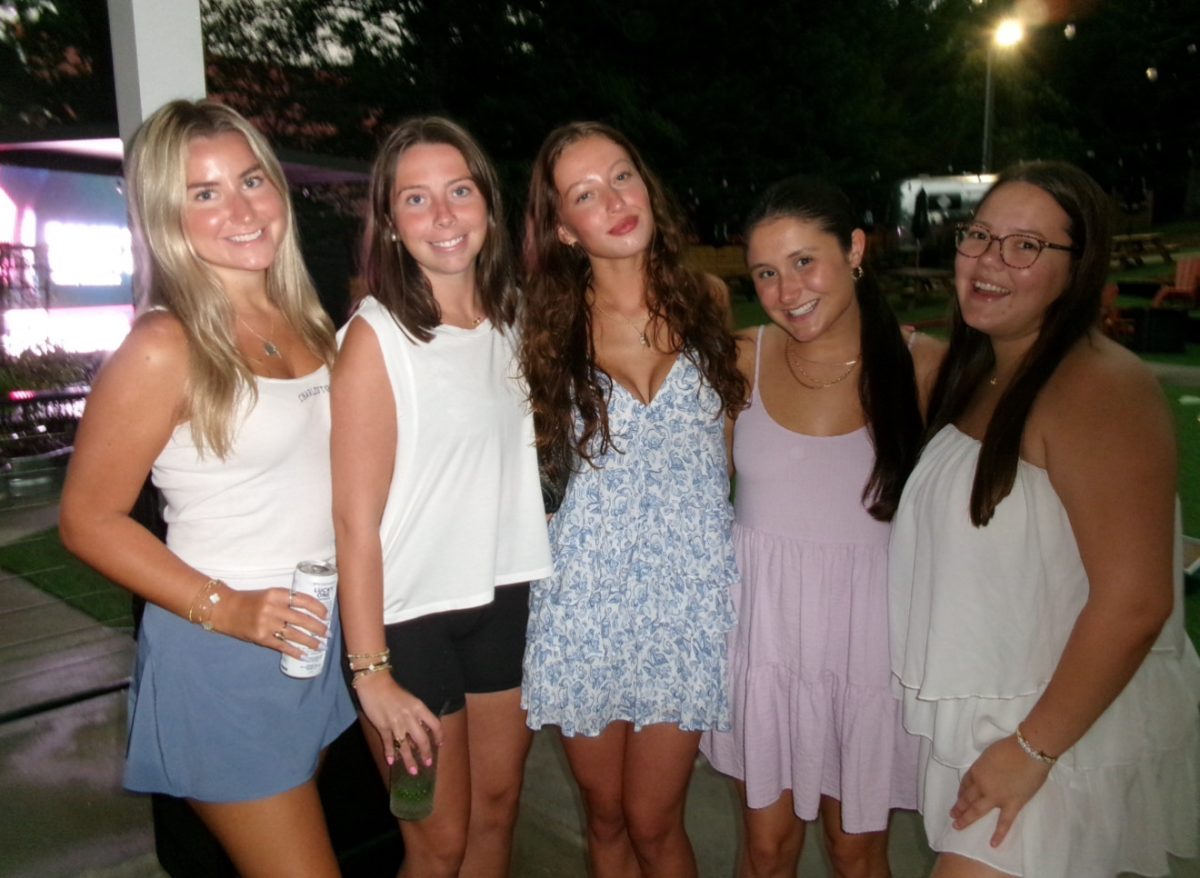Going to college is a huge transition for many people. Learning in college-level classes isn’t always as easy as it was in high school. Many students tend to find high school coursework easy enough to get by with half-listening in class and not studying for tests while still earning high grades.
Even some introductory courses and general education classes may not have enough bite to rattle students when they arrive on campus. It’s not until it’s too late to develop healthy learning habits that students are thrown into advanced classes with a lot more content to comprehend.
It’s easy to sink back into learning habits that take less effort when classes get tough, but this can result in a snowball effect that hurts your grades and causes you to fall behind.
The best way to combat this in a not-too-overwhelming way is first to find out what kind of learner you are and focus on revolving your learning habits around this.
There are a ton of different ways to figure this out for yourself. To start, there are many online tests and assessments that will tell you which way you are most prone to learning and remembering information. You can base this on the ways you have already noticed help you learn faster.
Going forward, there is a lot of trial and error involved. Try different strategies to find out what has the best outcome for you. Also, don’t be afraid to mix strategies if that is what helps.
If you are a visual learner, make flashcards or find an empty classroom and write out your notes on the boards. Create charts and graphs to display your information. Don’t be afraid to sketch out scenarios. Learn through repetition and visualization of concepts.
If you find out that you are an auditory learner, listen to your textbooks and readings. Find a way to follow along with the text while you do this, and listen a few times. Talk through your concepts with a friend or a study buddy. You can even read your notes out loud.
If you are better at learning through reading and writing, make sure to take written notes in class. Not typed. Write down notes while you do your reading, and go back and highlight and annotate while you are studying.
The last type of learner is a bit less self-explanatory but surprisingly common. The kinesthetic learner is a more hands-on learner. If this is you, the best thing to do is find ways to get involved in your learning in a more physical way.
This could be similar to learners who do well reading and writing in that you rewrite your notes. It could also relate to auditory learners where you teach others your material.
However, don’t let these suggestions limit you. There are many studies and experts that have endless strategies and suggestions for you if you look in the right places. Make sure to engage in these good habits now.
You will find that putting in a little extra effort in the beginning to find your best way of learning will make the rest of your time in college less stressful and tremendously easier.
















